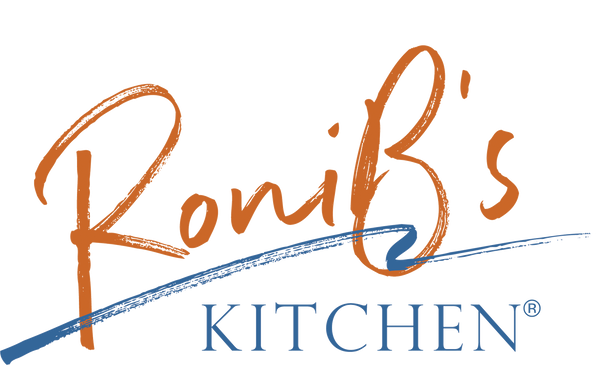Original post date: September 13, 2023
Being a small food producer can be rewarding, but also a challenging, experience. Whether you're producing handmade artisanal cheeses, baked goods, or specialty condiments, there are a number of challenges that come with running a small food business. In this blog post, we'll take a look at some of the biggest challenges facing small food producers like us, and how they can be overcome.

- Competition: Small food producers often find themselves up against larger, well-established food companies with greater resources and economies of scale. It can be difficult to stand out in a crowded marketplace and convince customers to choose your products over those of your competitors.
- Regulations: The food industry is heavily regulated, and small producers must comply with a range of governmental regulations from national agencies to local councils. This can be a time-consuming and costly process and can be a significant barrier to entry for small businesses.
- Financing: Securing the funding needed to start and grow a small food business can be a major challenge. Traditional banks may not be willing to lend to small businesses, and alternative sources of financing, such as crowdfunding or angel investors, can be difficult to find.
- Marketing: Small food producers must be able to effectively market their products in order to build brand awareness and reach new customers. This can be a challenge, especially for those who are starting out and do not have the resources to invest in large-scale marketing campaigns.
- Supply Chain Management: Small food producers must be able to manage their supply chain effectively in order to ensure that their products are of the highest quality and are delivered to customers on time. This can be a complex and time-consuming process and requires a strong understanding of logistics and operations.
Despite these challenges, many small food producers have been able to successfully build and grow their businesses. One way to overcome these challenges is by developing a strong brand identity, leveraging social media and other digital marketing channels, and partnering with other small food producers to pool resources and share knowledge. Additionally, it can be helpful to attend trade shows and events, network with other food producers, and seek out the support of business incubators and accelerators.
Being a small food producer can be a challenging, but rewarding, experience. By overcoming the challenges faced by small food producers, you can build a successful business that brings joy to your customers and provides a livelihood for yourself and your team. So, if you're considering starting a small food business, don't be discouraged by the challenges - embrace them, and turn them into opportunities for growth and success.
